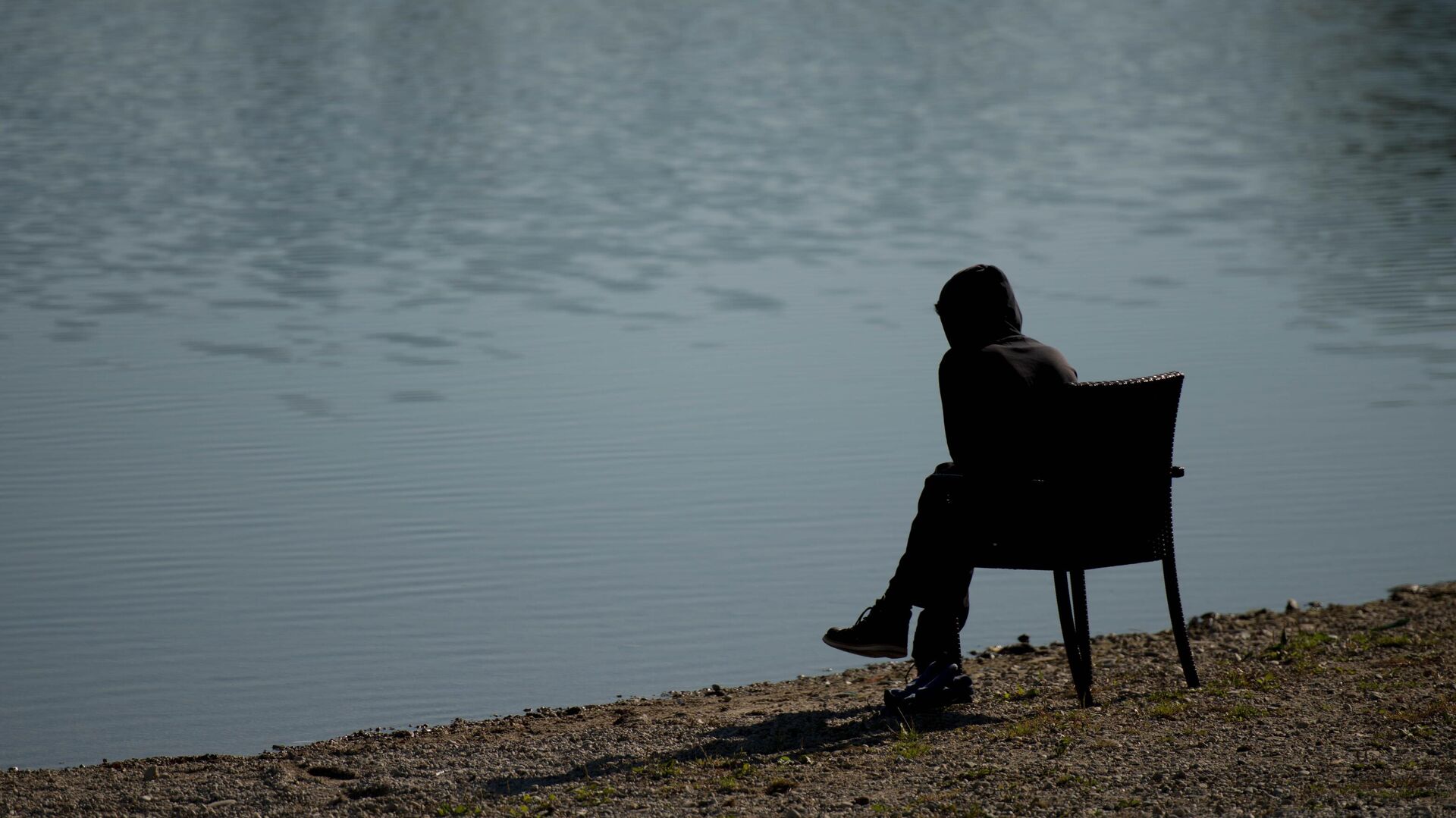https://sputnikglobe.com/20241014/social-media-use-amongst-teens-linked-to-anxiety-and-depression---study--1120538052.html
Social Media Use Amongst Teens Linked to Anxiety and Depression - Study
Social Media Use Amongst Teens Linked to Anxiety and Depression - Study
Sputnik International
The most frequently used social media platforms included Instagram, Snapchat, TikTok, WhatsApp, and YouTube.
2024-10-14T05:27+0000
2024-10-14T05:27+0000
2024-10-14T05:27+0000
beyond politics
oxford
society
centers for disease control and prevention (cdc)
snapchat
instagram
tiktok
social media
depression
anxiety
https://cdn1.img.sputnikglobe.com/img/07e8/0a/0e/1120540418_0:254:3133:2016_1920x0_80_0_0_c1bde2eff0f0fed4c3d32a3e02788ce8.jpg
Oxford university academics, who are carrying out the largest global study of teenage mental health have found that about 60% of 16 to 18-year-old spend between two to four hours a day on social media sites.The study found that there is a high correlation between teenagers’ rates of anxiety and depression and their social media use, the Financial Times reported citing the study. The most frequently used social media platforms included Instagram*, Snapchat, TikTok, WhatsApp*, and YouTube.The initial study also found that one’s agency - a feeling of control over one’s actions and their consequences - also had a strong correlation to mental health. The research added that an increase in sleep and exercise would help improve the mental health of teens.The study found that girls were more likely to report mental health issues than boys when using social media. A separate study by the Centers for Disease Control and Prevention published in 2023 found that in 2021, 57% of teenage girls reported experiencing “persistent feelings of sadness or hopelessness in the past year” which was an increase from 36% in 2011. That average is nearly twice as high as (29%) males who reported those same feelings. Girls seemed more affected by being unable to see their friends during the pandemic, and by comparing themselves to what they see online which has an adverse affect on their self-esteem.The number of children being treated by mental health services has dramatically increased in recent years. In the year ending in March, there were 1.1 million children in England who were in contact with NHS-funded services for mental health, learning difficulties and autism, the report added citing official figures.*Meta is banned in Russia as an extremist organization.
oxford
Sputnik International
feedback@sputniknews.com
+74956456601
MIA „Rossiya Segodnya“
2024
News
en_EN
Sputnik International
feedback@sputniknews.com
+74956456601
MIA „Rossiya Segodnya“
Sputnik International
feedback@sputniknews.com
+74956456601
MIA „Rossiya Segodnya“
social media, depression, mental health, teens, online, internet, anxiety, mental illness, mental breakdown, chronic depression, depression, panic, panic attack, internet user, netizens
social media, depression, mental health, teens, online, internet, anxiety, mental illness, mental breakdown, chronic depression, depression, panic, panic attack, internet user, netizens
Social Media Use Amongst Teens Linked to Anxiety and Depression - Study
More than 7,000 teens participated in the initial research, the report said.
Oxford university academics, who are carrying out the largest global study of teenage mental health have found that about 60% of 16 to 18-year-old spend between two to four hours a day on social media sites.
The study found that there is a high correlation between teenagers’ rates of anxiety and depression and their social media use, the
Financial Times reported citing the study. The most frequently used social media platforms included Instagram*, Snapchat, TikTok, WhatsApp*, and YouTube.
“We found a linear relationship between higher rates of anxiety and depression and time spent networking on social media sites”, said John Gallacher, professor of cognitive health, who is leading the work.
The initial study also found that one’s agency - a feeling of control over one’s actions and their consequences - also had a strong correlation to mental health. The research added that an increase in sleep and exercise would help improve the mental health of teens.
“In the most extreme cases, we had young people reporting they were spending up to eight hours a day using these sites.”
The study found that girls were more likely to report mental health issues than boys when using social media.
A separate
study by the Centers for Disease Control and Prevention published in 2023 found that in 2021, 57% of teenage girls reported experiencing “persistent feelings of sadness or hopelessness in the past year” which was an increase from 36% in 2011. That average is nearly twice as high as (29%) males who reported those same feelings.
Girls seemed more affected by being unable to see their friends during the pandemic, and by comparing themselves to what they see online which has an adverse affect on their self-esteem.The number of children being treated by mental health services has dramatically increased in recent years. In the year ending in March, there were 1.1 million children in England who were in contact with NHS-funded services for mental health, learning difficulties and autism, the report added citing official figures.
“Mental illness is the world’s leading public health challenge,” said Gallacher. “It has a devastating effect on economies because it affects many, tends to start young, and recur throughout life.”
*Meta is banned in Russia as an extremist organization.


